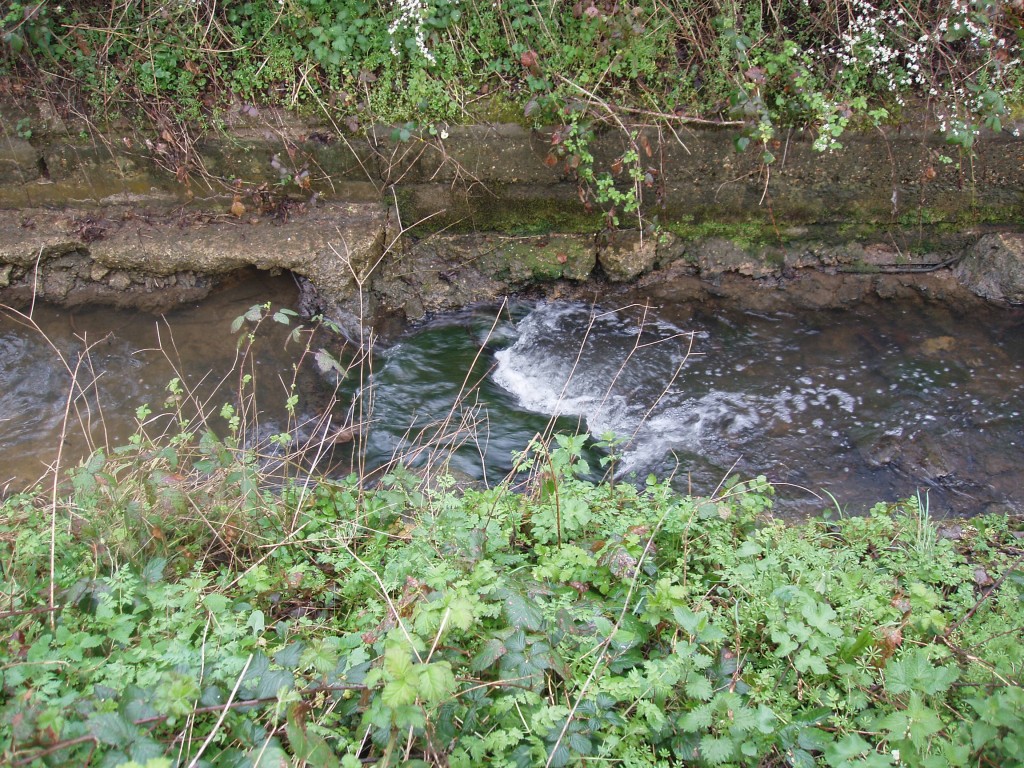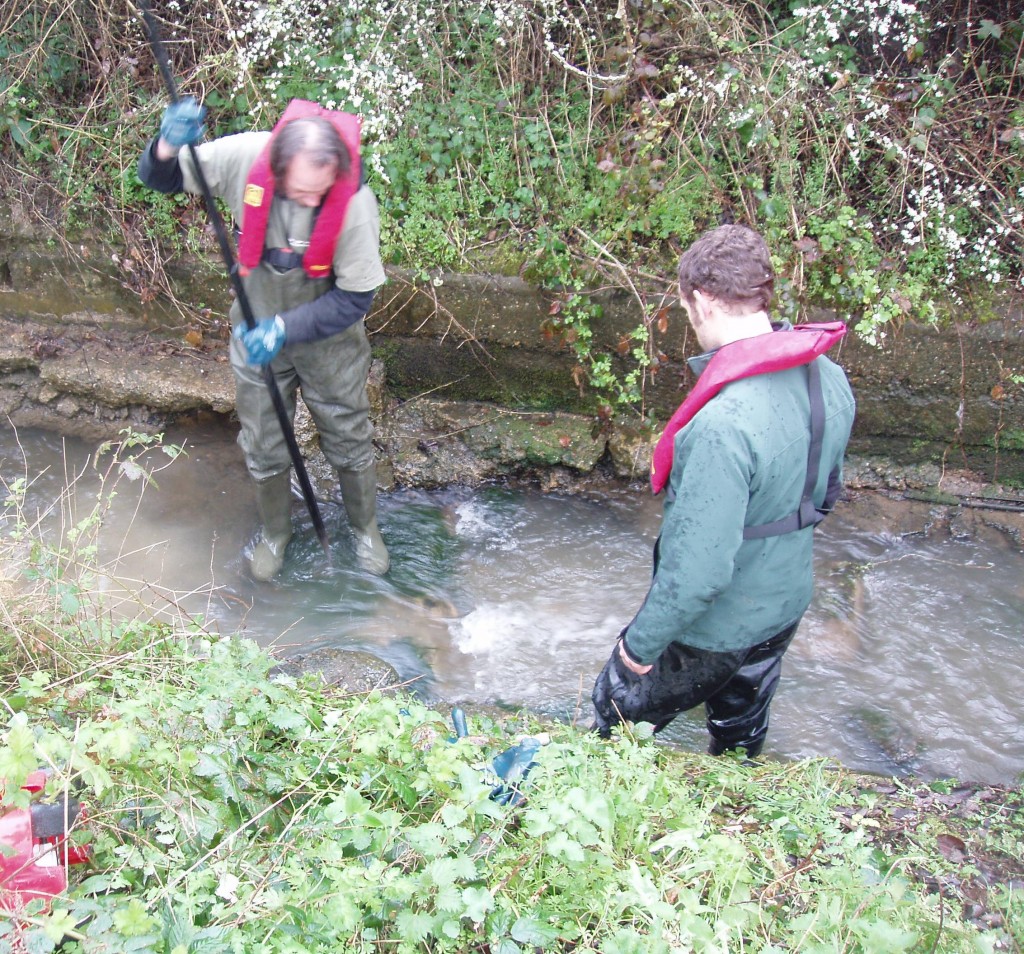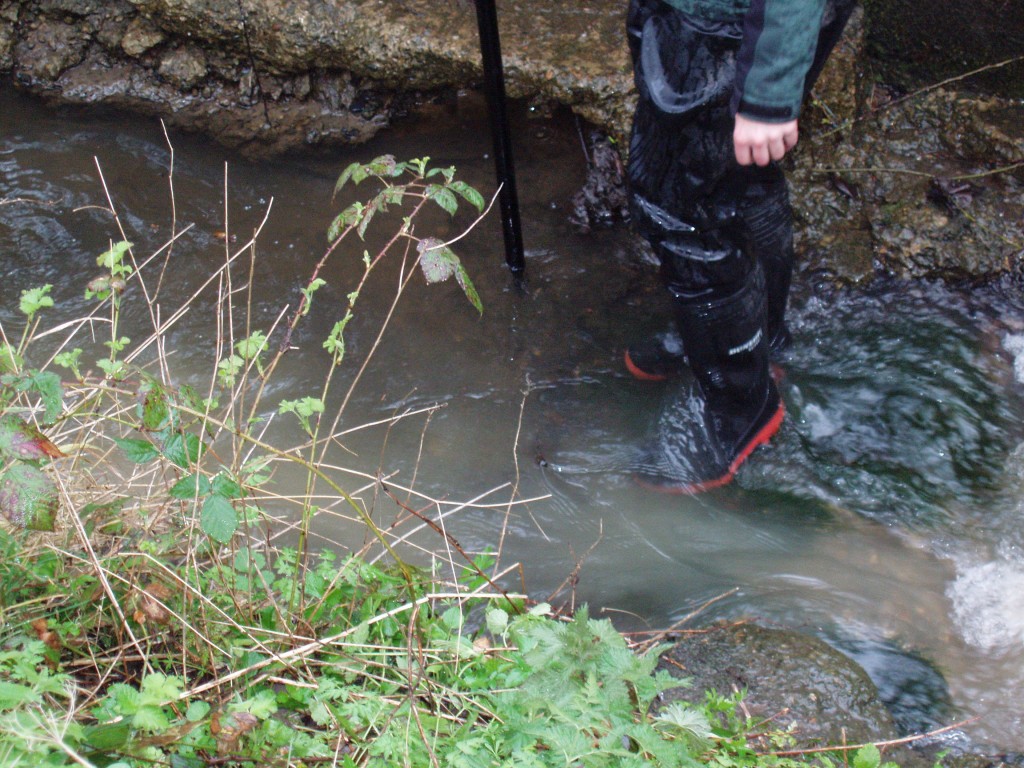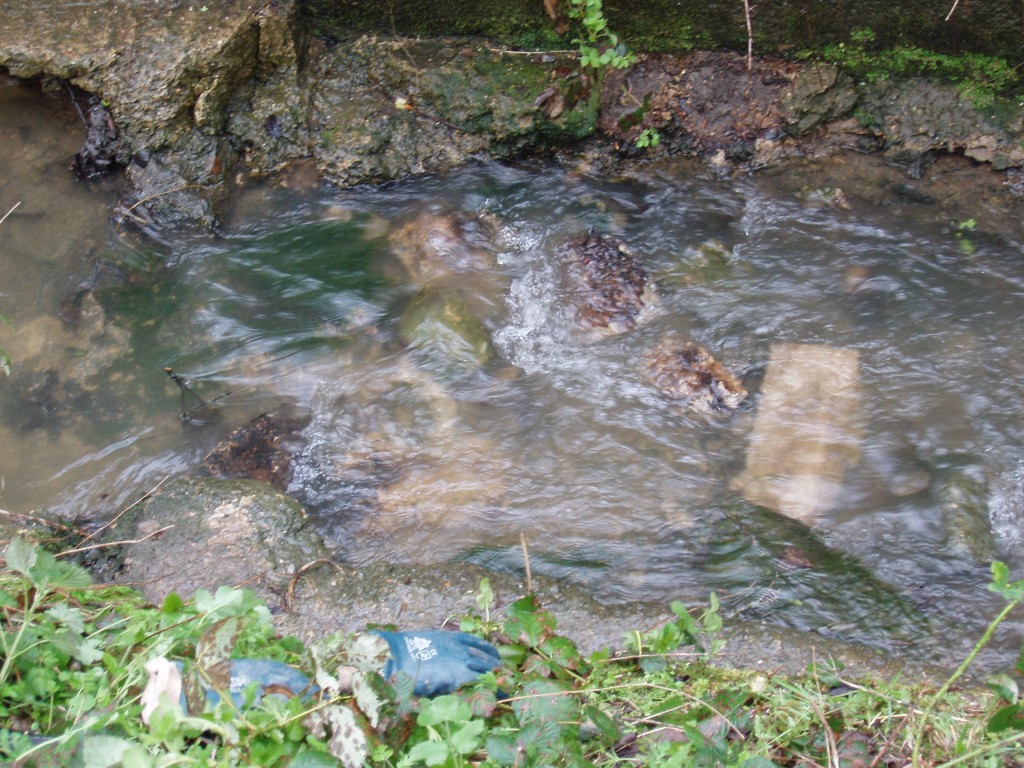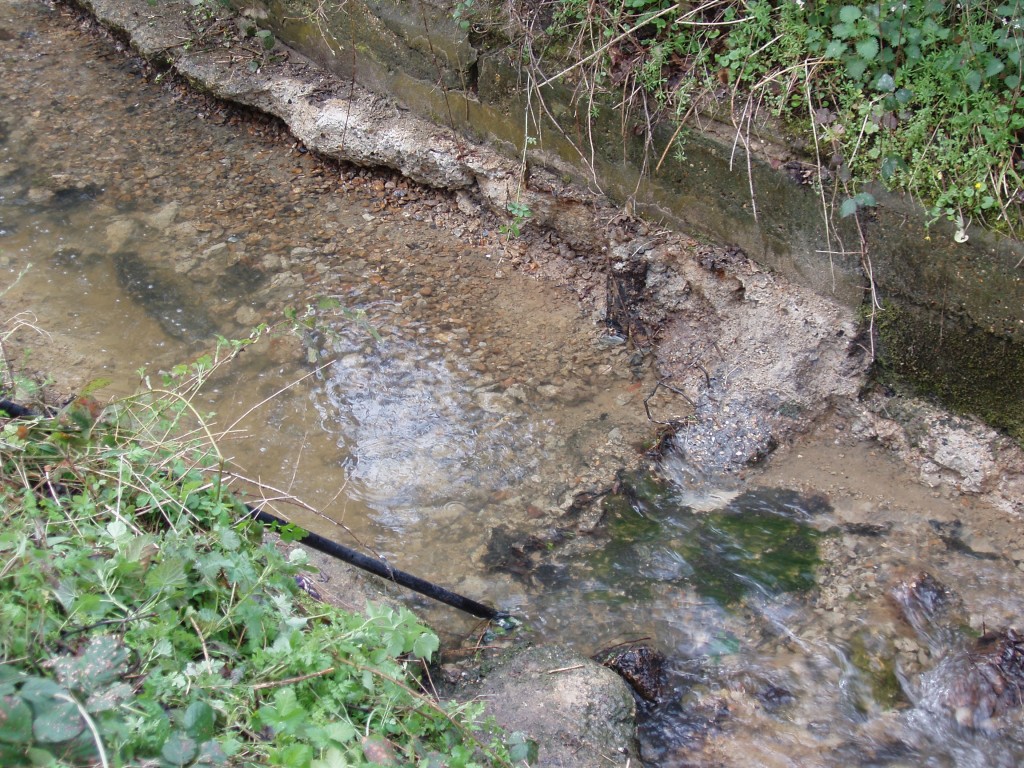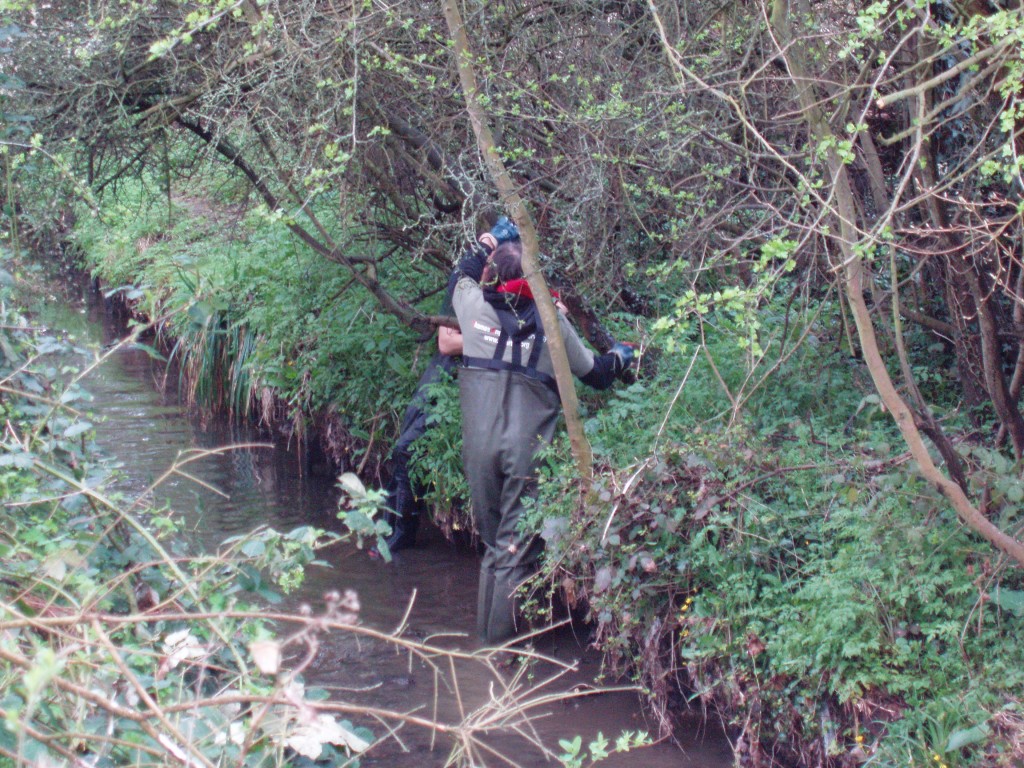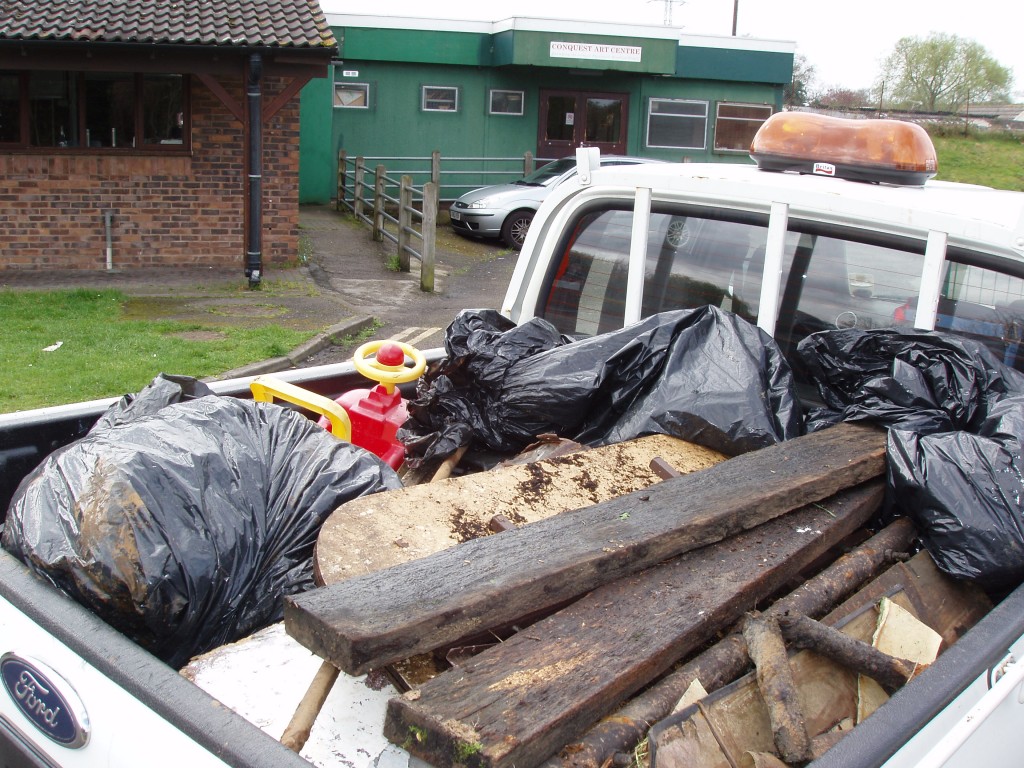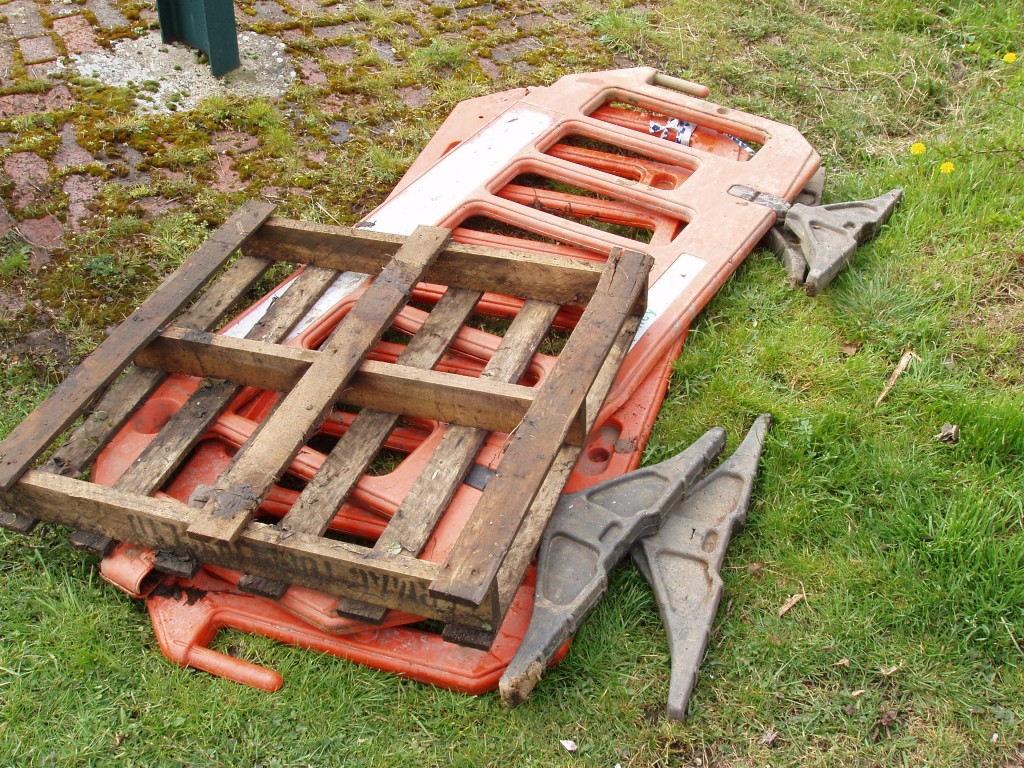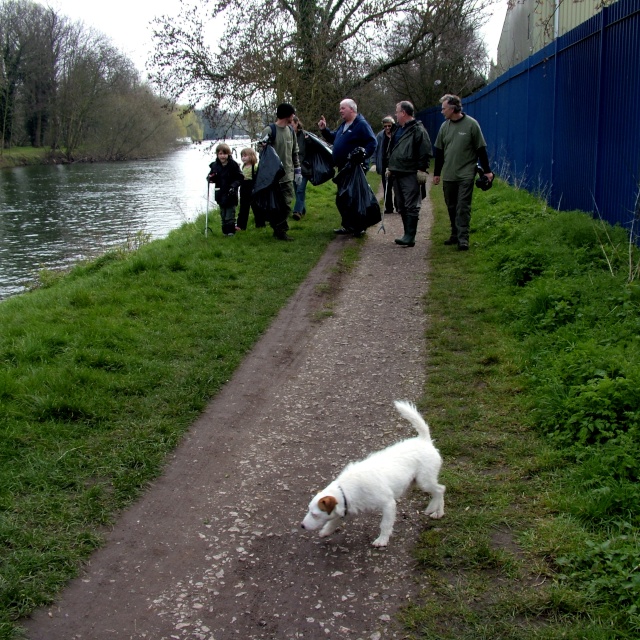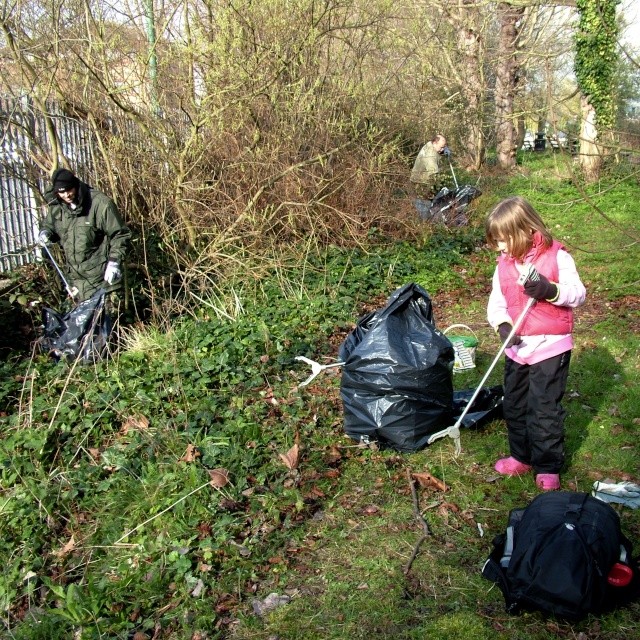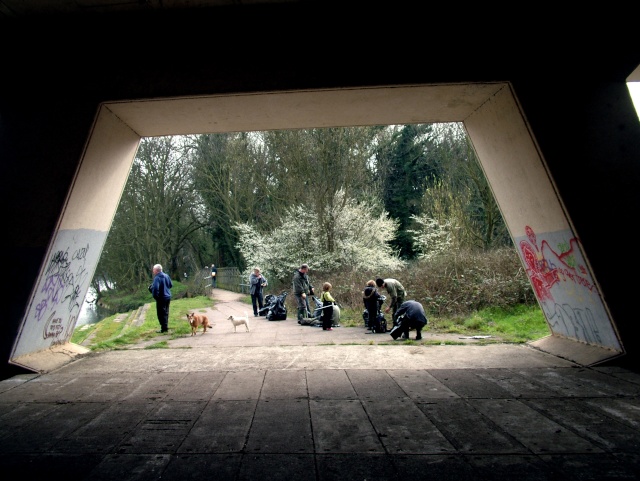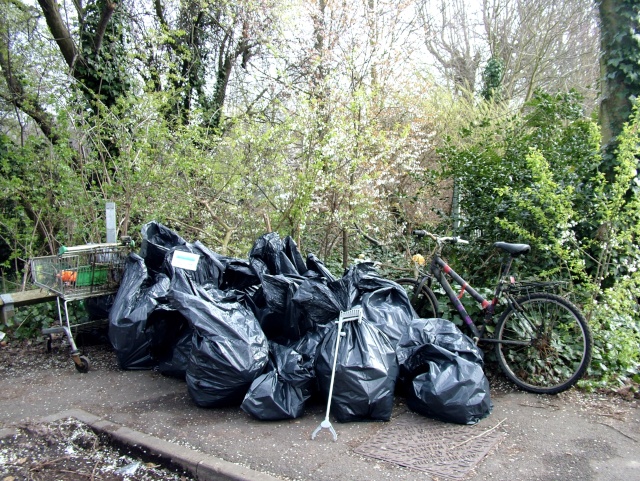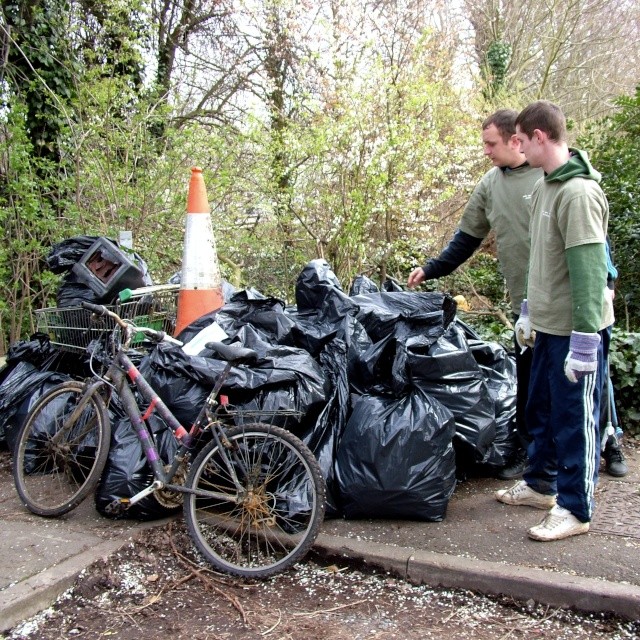A £110 million revamp which will bring more otters, salmon and other fish back to England’s rivers was announced by Environment Secretary Caroline Spelman today.
The money will be used to kick start restoration worth at least £600 million to improve the health of more than 880 lakes, streams and other water bodies, while boosting local involvement in caring for our blue spaces enjoyed by millions every year.
Announcing the funding, Mrs Spelman said:
“The health of our rivers has come along in leaps and bounds, but we still see nasty invasive weeds and lifeless waters blight blue spaces in cities and across our countryside.
“With this funding, we’ll help all our waterways and streams thrive by tackling problems that until now have been sitting in the ‘too hard’ basket.
“Our new grass-roots approach to boosting healthier waterways and flourishing wildlife has local experience and knowledge at its heart.”
Our Rivers campaign coordinator Ralph Underhill said:
“This announcement is fantastic news for our rivers and the wildlife they support.
“This new funding may not solve all the problems overnight but it is a significant step towards securing the future of the river environment in England and Wales which is under great pressure from a variety of threats including pollution and abstraction.
“Rivers are a national asset and in the current financial climate it is great to see a new investment being made in their future. We hope that a significant amount of the money announced will be spent on the rivers and wetland areas of international importance to conservation that the Government has committed itself to improving.”
£92 million will be provided over the next four years to remove non-native invasive weeds and animals, clear up pollution, and remove redundant dams, weirs, landings and other man-made structures so that wildlife can thrive in water catchments across England.
The funding will be shared between the Environment Agency, Natural England and civil society associations such as the Association of Rivers Trust to build on successful work, and a significant portion of the funding will support new local projects across the country through a Catchment Restoration fund.
Funding from the Catchment Restoration fund will be available from next year to co-fund projects that restore and protect the health of our water catchments by bringing together those responsible for causing pollution, with those who want to see cleaner waters and the agencies that provide scientific evidence to base decisions on.
An additional £18 million will be provided this year to continue providing help to farmers to put in such measures as buffer strips and fences to protect water courses and take other action to prevent agricultural pollution, under the successful Catchment Sensitive Farming programme.
Last month the Government announced its new, more locally-focussed catchment-based approach to be trialled in ten areas in England.
The Natural Environment White Paper later this year will set out a wider vision for the protection of our environment.
Notes
The Water Framework Directive, adopted in 2000, is the overarching Directive for Water Quality. It requires a holistic, river basin planning approach to be adopted and contains two key default objectives; preventing class to class deterioration of water bodies and aiming to bring all water bodies to Good Ecological Status (GES) by December 2015. The measures through which to achieve the WFD must be set out by Member States in River Basin Management Plans, which we published for England’s River Basins on 22 December 2009 as required by the Directive www.environment-agency.gov.uk/research/planning/33106.aspx.
Achieving Good Ecological Status is very challenging as it is necessary to be at “Good” across the whole range of parameters for a water body to be classed as “Good”. The first set of Plans predict an improvement from 27% to 32% of water bodies achieving GES in England by 2015. The Environment Agency is currently undertaking over 8500 investigations, which are to be completed by the end of 2012, to help us better understand the barriers preventing the attainment of “Good” and the steps necessary to get us there. This will help inform further actions that we will put in place, part of which will be funded by this additional funding, as well as what we put forward in the second cycle of river basin planning from 2015-2021. Further detail on the directive is available from the EC website: http://ec.europa.eu/environment/water/water-framework/index_en.html
The Our Rivers campaign is supported by the RSPB, WWF UK, the Angling Trust and the Salmon and Trout Association.
The Water Framework Directive, adopted in 2000, is the overarching Directive for Water Quality. It requires a holistic, river basin planning approach to be adopted and contains two key default objectives; preventing class to class deterioration of water bodies and aiming to bring all water bodies to Good Ecological Status (GES) by December 2015. The measures through which to achieve the WFD must be set out by Member States in River Basin Management Plans, which we published for England’s River Basins on 22 December 2009 as required by the Directive www.environment-agency.gov.uk/research/planning/33106.aspx.


